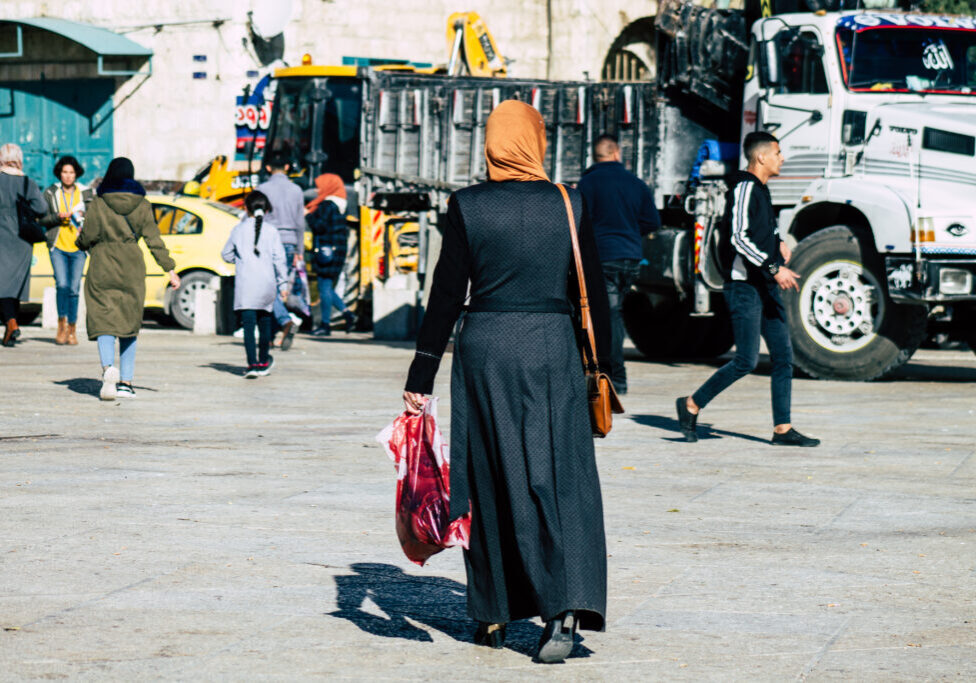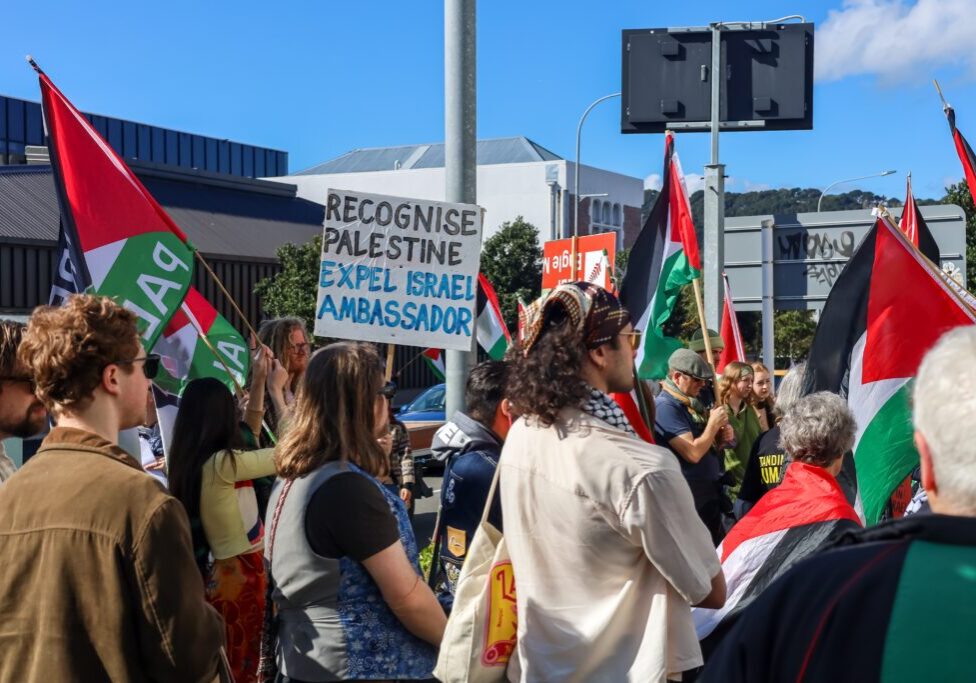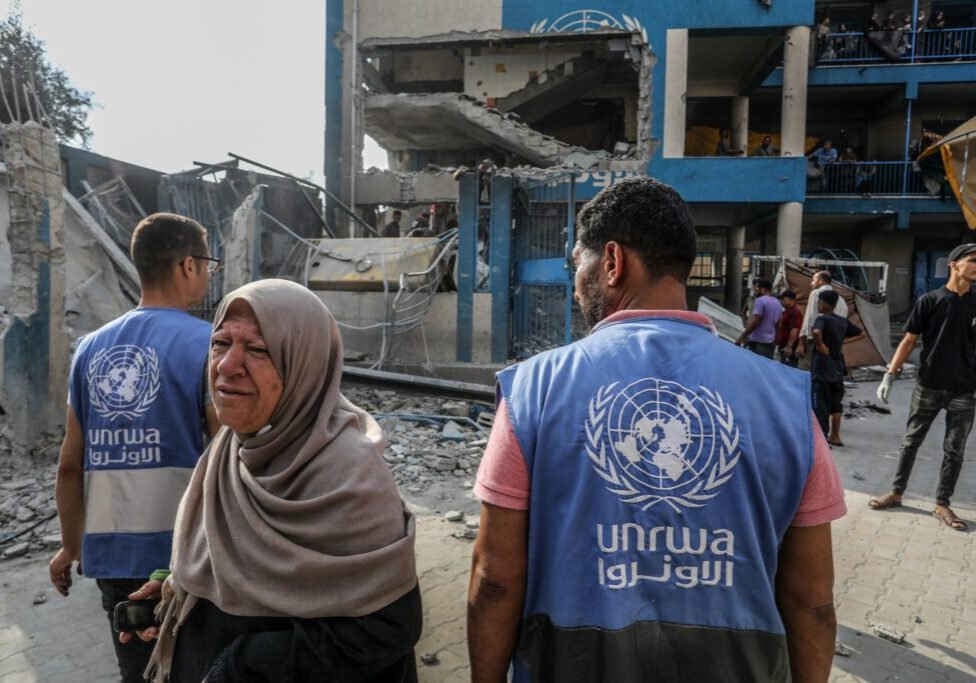Australia/Israel Review
Ramallah Reset
Apr 2, 2019 | Pinhas Inbari

Two developments currently taking place in the Palestinian arena deserve our attention and are interlinked: the proposed new government in Ramallah and the situation at the Al-Aqsa plaza on Jerusalem’s Temple Mount.
In Ramallah, Palestinian Authority (PA) Chairman Mahmoud Abbas has asked Muhammad Shtayyeh to form a new government, while on the Temple Mount, tensions continue to build around the Golden Gate or Gate of Mercy (Sha’ar Harachamim or Bab el Rahma).
Until Shtayyeh forms a government, Rami Hamdallah is still the acting prime minister of the Palestinian Authority. It may still take some time for him to form a new government unless Abbas is ready to make a big compromise on the nature of this new administration.
First, who is Muhammad Shtayyeh and what does he stand for?
Like Hamdallah and Salam Fayyad before him, Shtayyeh comes from Nablus and is linked to the business community. Previously, he was president of the Palestinian Economic Council for Development and Reconstruction (PECDAR), the leading economic institute in the Palestinian Authority, but unlike his predecessors, he is a senior Fatah official in the West Bank.
He is a promoter of the Boycott, Divestment and Sanctions movement against Israel, is in favour of ending security coordination with the IDF, and seeks to end the Paris Protocols that refer to a joint economy with Israel.
It is interesting to watch the extent to which these popular campaigns inside Fatah may reflect real life.
The Nablus connection
Shtayyeh’s appointment indicates that the Palestinian Authority follows a tradition of nominating its prime ministers from Nablus to avoid alienating the north from its main body, which is centred in Ramallah.
In this respect, Hebron in the south appears to be lost.
According to Ramallah sources, Abbas was in no hurry to implement the decisions of the Fatah Central Committee to nominate a Fatah-controlled government, and he delayed doing so even after Hamdallah submitted his resignation. The timing of the decision came, according to our sources, when he heard about progress in the talks in Cairo between Egypt and Hamas. He, therefore, wanted to dissolve the government led by Hamdallah to set back any progress in Cairo.
Egypt, Hamas and Fatah
Egypt is not maintaining contacts with Hamas as a legitimate power, but on an ad hoc basis, and it insists to Hamas that Ramallah is the legal ruling authority.
By dissolving the current and recognised Hamdallah government, any progress between Egypt and Hamas is blocked.
It is important to note that Hamas is also not in a hurry to renew its own “Gaza Committee,” which was the actual government in Gaza, and they are waiting to see if a Fatah-led government will indeed be established in Ramallah.
Why would Hamas have any doubts about this?
Firstly, Shtayyeh is not a Fatah fighter. According to Palestinian criteria, to be considered a true Fatah fighter, one must have spent time in an Israeli prison. With Shtayyeh, this is not the case.
At the very least, Shtayyeh may be expected to give Fatah senior officials leading positions in his new government. However, according to an interview he gave to RT, Shtayyeh does not appear to be thinking in this direction. Rather than referring to his new administration as a “Fatah government,” he said that it would be “everybody’s government”.
Fatah’s main concern now is that their senior officials be promoted to key positions that will reflect what will happen the “day after” Mahmoud Abbas departs the scene.
If no Fatah senior figure is promoted in the government, it may mean that after the demise of Mahmoud Abbas, the “private sector,” meaning the business community, will take the reins of power rather than Fatah.
The reason why Abbas is not interested in promoting any of the “real Fatah” seniors is to avoid inflaming the succession struggle now.
Instead of a “Fatah government” as such, Abbas is more interested in a “PLO government” due to his struggle with Hamas over the legitimacy of the PLO’s authority.
While Hamas derives its legitimacy from the 2006-2007 elections and the Palestinian Legislative Council, the parliament that was elected then, Abbas wants to solidify the legitimacy of the historic PLO and to make it the legitimate source of the proposed new government.
With whom do the PLO’s constituent organisations side?
Here lies the main problem, which is the inability of the PA chairman to make the main compromise in forming this government. The leading PLO organisations, including the Popular Front for the Liberation of Palestine (PFLP), the Democratic Front for the Liberation of Palestine, and Islamic Jihad, are aligned with Hamas rather than Ramallah. It is now taken for granted that they will not join Shtayyeh’s new government, but will instead stay with the Hamas “War Chamber”.
It is expected that Shtayyeh will “open the door” to those organisations, which are “terrorist” by every definition, thereby putting the continuation of international financial aid to Ramallah at risk.
Only tiny organisations, such as the once pro-Saddam Hussein Arab Front, are aligned with Abbas, through financial subsidies, of course.
All of the above is linked to the Jerusalem issue. Ramallah wants to make the fight for Jerusalem the leading national struggle, while for Hamas, the central battle is along the borders. Abbas’ aim is to attract the PLO organisations to join Ramallah at the expense of Gaza.
Pinhas Inbari is a veteran Arab affairs correspondent who formerly reported for Israel Radio and Al Hamishmar newspaper, and currently serves as an analyst for the Jerusalem Centre for Public Affairs.
Tags: Fatah, Palestinians






